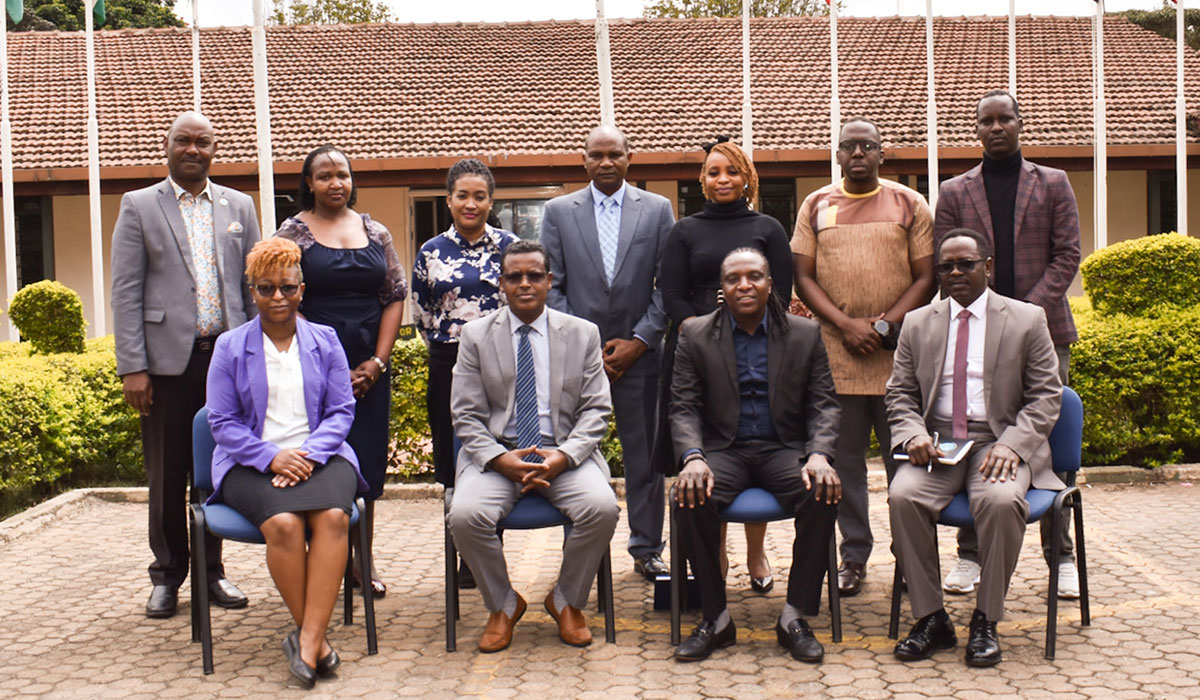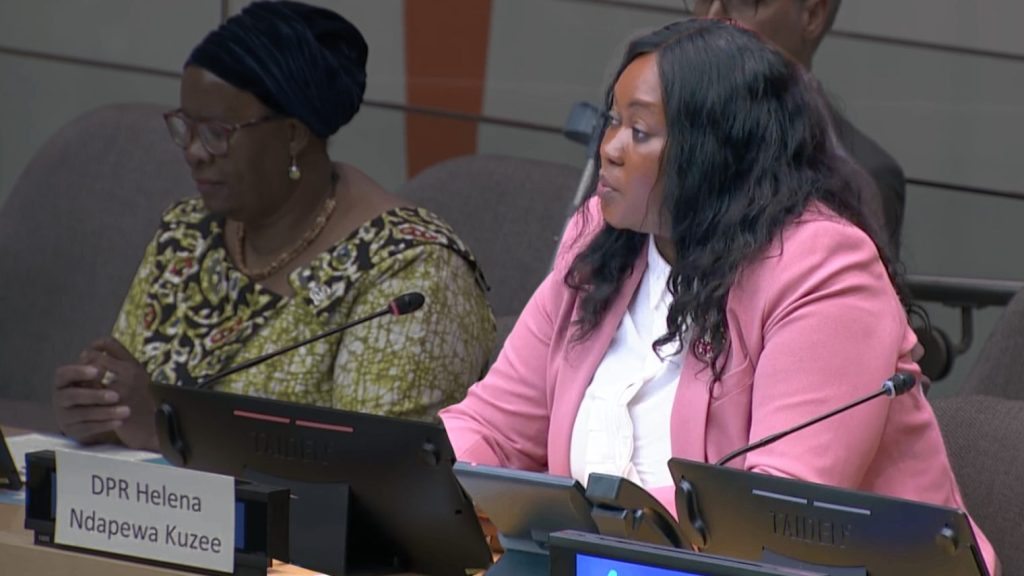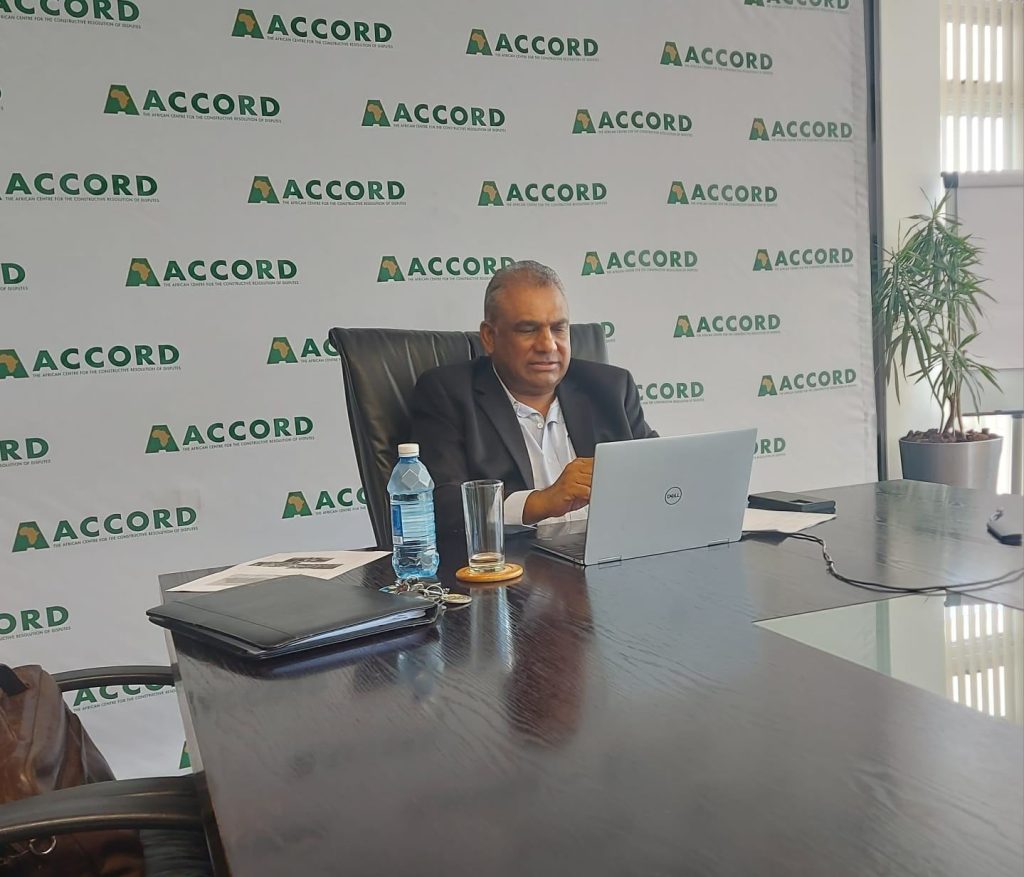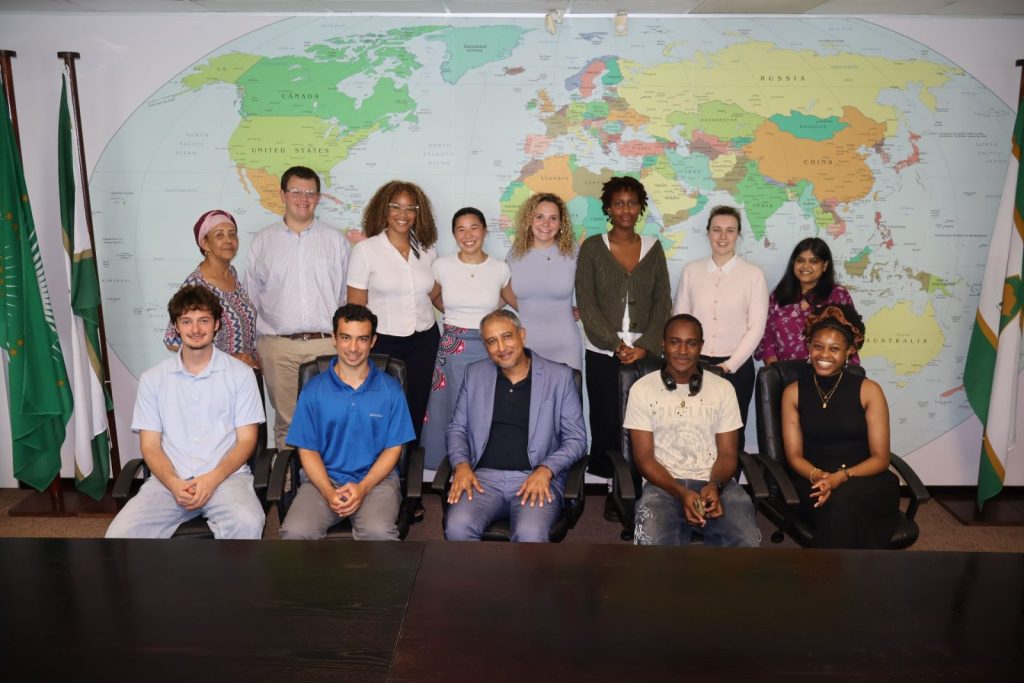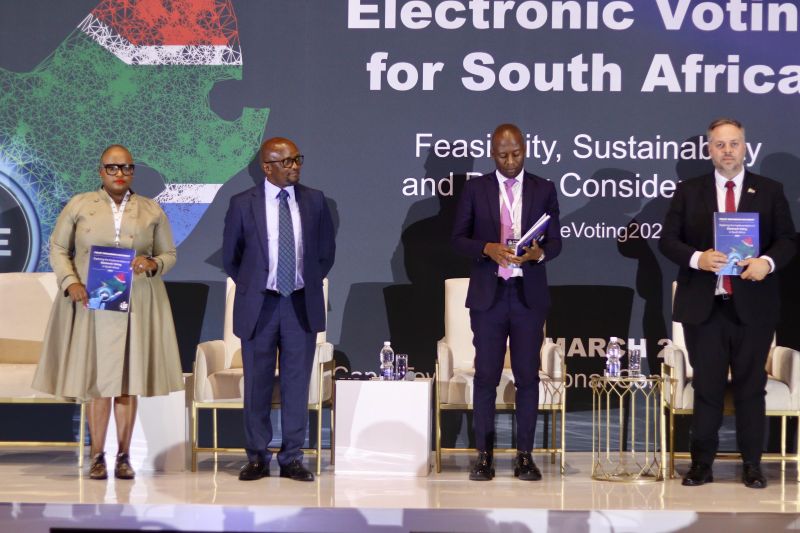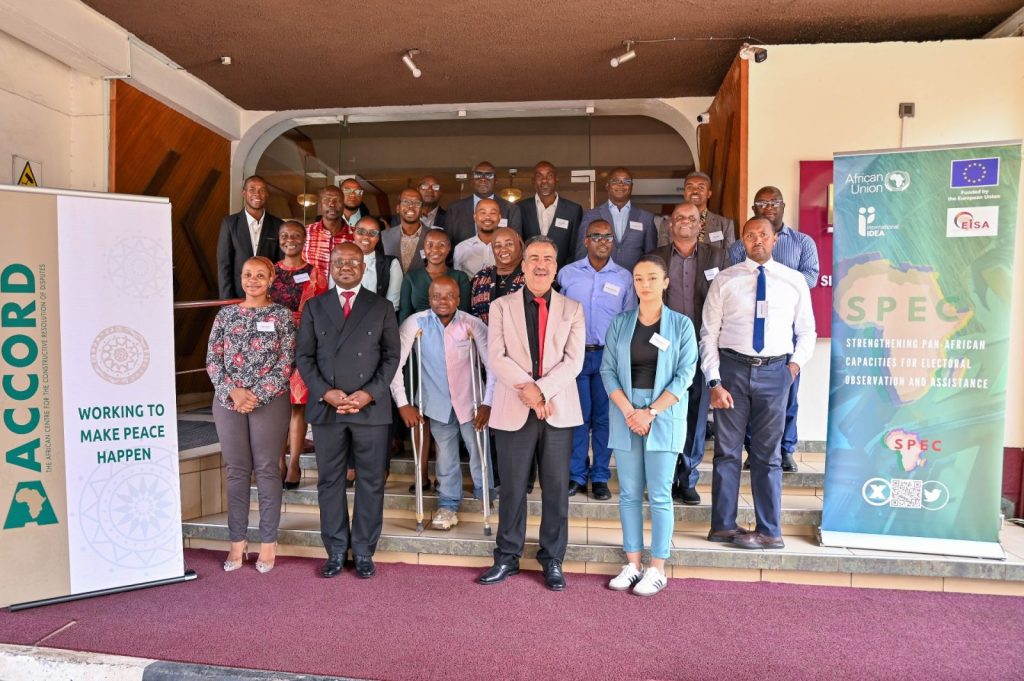The African Union’s Economic Social and Cultural Council (ECOSOCC) convened a Citizen’s Forum on Democracy and Unconstitutional Changes of Government (UCG) in Africa from 11 – 13 July 2022 in Lusaka, Zambia. Civil society organisations were brought together to dialogue on their role in key areas that challenge governance on the continent.
The platform provided for an in-depth discussion of the contemporary socio-political contexts surrounding the rise in UCG incidents in Africa, as well as the role of civil society in supporting continental and regional institutions’ efforts to achieve non-recurrence. CSOs were provided with an opportunity to explore the use of transitional justice processes and mechanisms to advance peace, stability and democracy in Africa, and ultimately to prevent UCGs.
Notable speakers included H.E. Julius Maada Bio, President of the Republic of Sierra Leone; Prof Eddie Maloka, Chief Executive Officer, Africa Peer Review Mechanism; Mr Denise Kodhe, Presiding Officer, ECOSOCC; Mr William Carew, ECOSOCC Head of Secretariat; and Ambassador Salah Siddig Hammad, Head of the AGA-APSA Sectretariat, who all brought rich discussions to the forum. The thematic sessions, that included the nexus between violent extremism and UCG; as well as the politicization of public service, drew critical deliberations on how these impact the rule of law and the weaknesses in governance that lead to UCG’s.
The immediate outcomes of the forum included a policy statement on democracy and UCG in Africa, which focused on encouraging the incorporation of civil society perspectives into national and regional policy formulation, as well as a program of action for the non-recurrence of UCG. An outcomes statement outlining key recommendations that civil society should undertake; as well as the need to strengthen coordinated efforts amongst the various organisations to strengthen democratic and constitutional norms and frameworks was drafted and presented at the forum.

